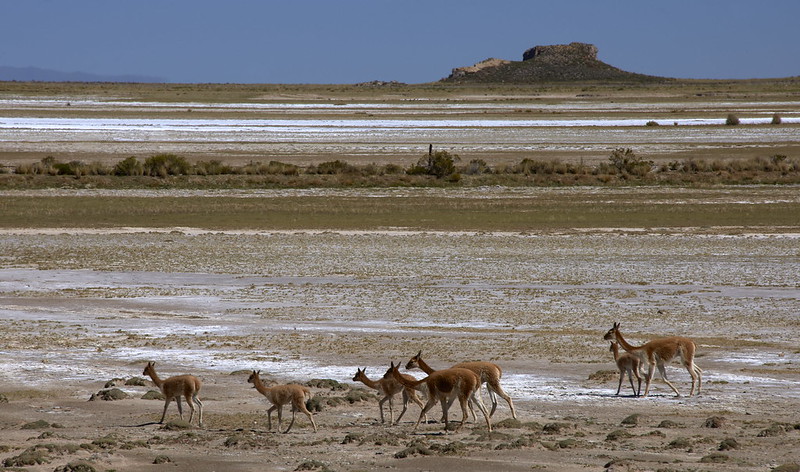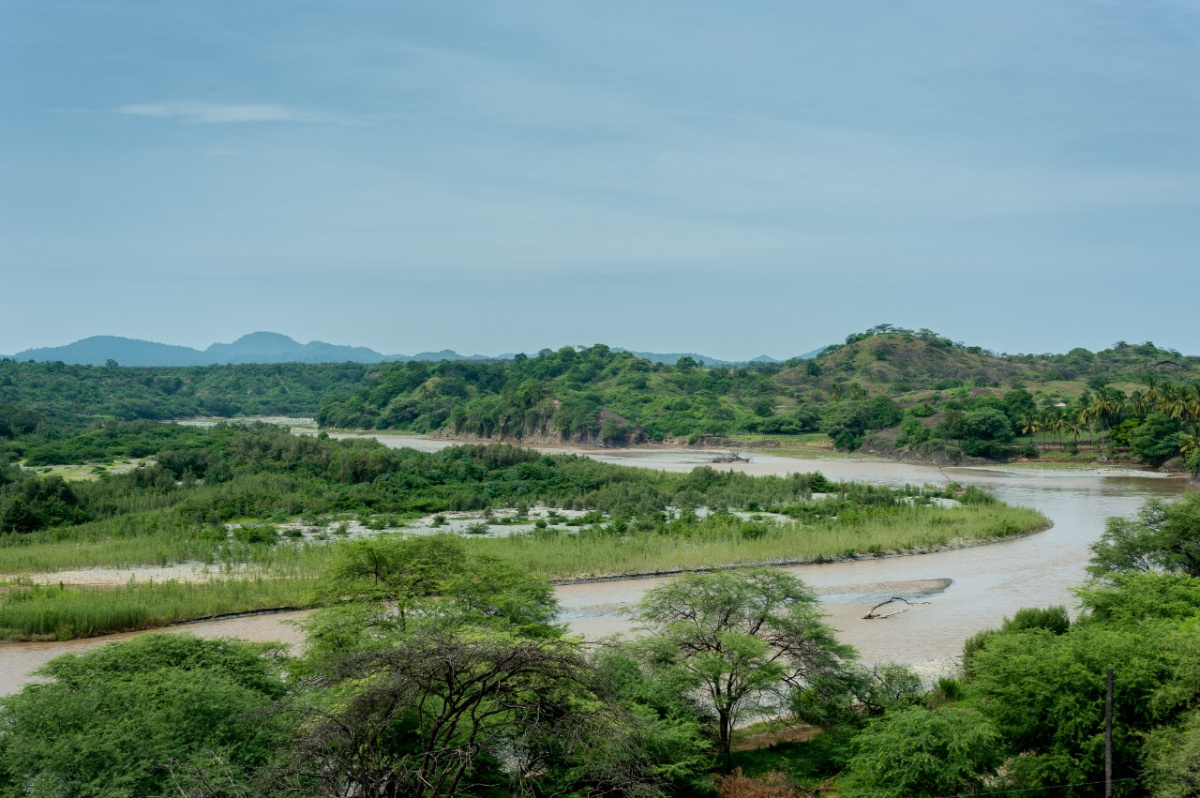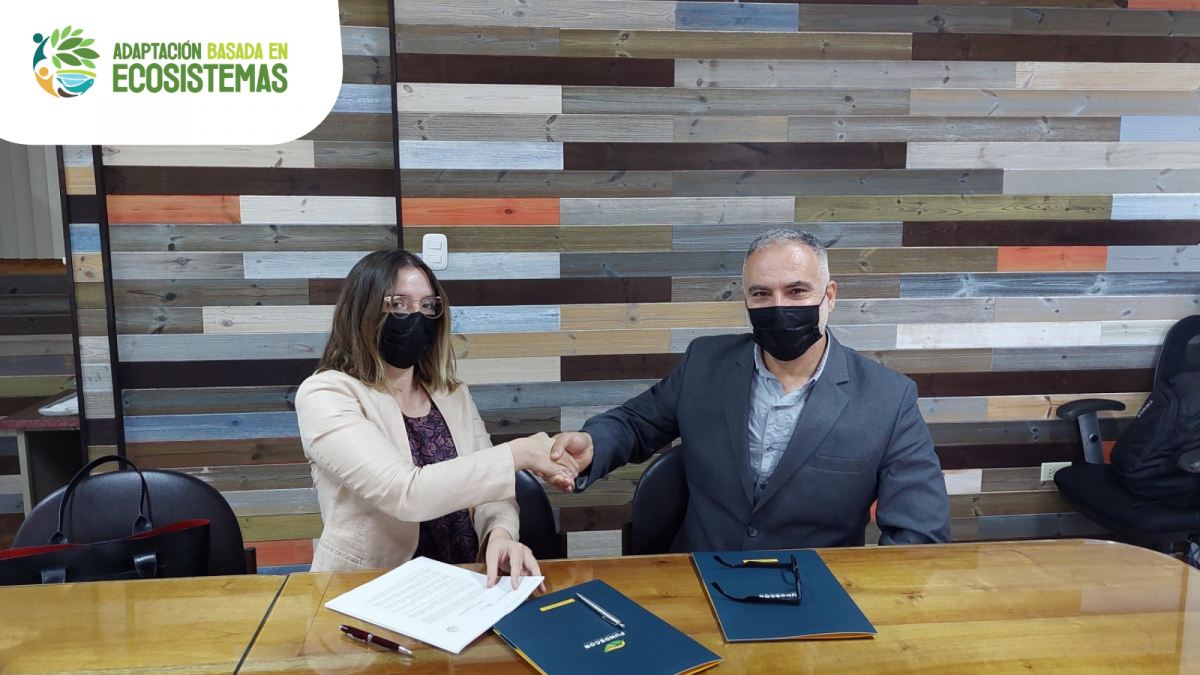The Restoration Initiative: A Guinea-Bissau story
Restoring mangroves while preserving traditional farming methods in Guinea-Bissau

Photo: En Haut! / IBAP
For many decades, coastal villages in Guinea-Bissau have practiced a special type of rice cultivation involving construction of earthen dykes to prevent seawater ingress and benefiting from mangrove trees lining the coast, which provide a buffer against storm surges and erosion. However, rising sea levels and a steady exodus of youth to inland urban centres are threatening the viability of these villages and way of life. Moreover, as unproductive or non-viable mangrove rice fields are abandoned without prior removal of the earthen dykes, they leave a legacy of coastal degradation that hurts the environment and the people who remain in these areas.
TRI in Guinea-Bissau is working to address these challenges – helping to identify a more sustainable path forward for rural communities living amongst these threatened ecosystems. Working with some of the most vulnerable and affected villages, the project is providing direct support to communities to rehabilitate and improve the productivity of those rice fields which partnering communities consider most viable and valuable. In return, the villages commit to flattening the dykes of abandoned rice fields to allow the sea to enter again and mangrove seedlings (called propagules) to grow, thus allowing for restoration of the mangroves over time.
In 2020, this work was affected by three major challenges: a political crisis, the global Covid-19 pandemic and exceptionally high rainfall during the summer planting season. A contested presidential election in December 2019 appears to be heading towards a peaceful resolution. However, the complex situation in 2020 resulted in changes to the team of government partners engaged with the project and the need to retrain staff and rebuild working relationships. Fortunately, disruptions have occurred early in project implementation, and the TRI Guinea-Bissau management team expects only limited impacts going forward.
The Covid-19 pandemic as well as exceptional summer rains have affected project work, limiting field missions and complicating the procurement of needed supplies and consultant services. Even with these challenges, the project was able to make good progress in 2020, with over 30 000 mangrove seedlings planted and implementation of a study looking at the best ways to strengthen the resilience of mangrove rice paddies to climate change impacts. And at the national level, the project helped support the design and formation of a national platform to coordinate and support mangrove landscape restoration efforts throughout Guinea-Bissau.



